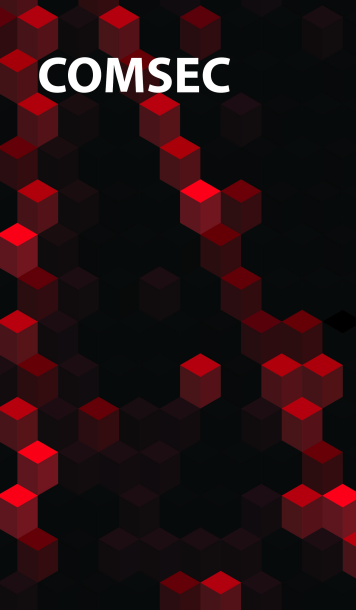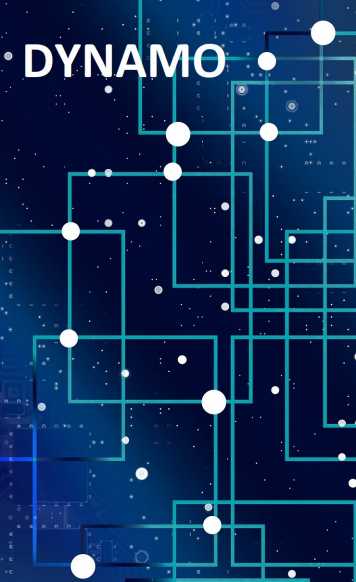Research
The four research groups focus on different aspects of computer engineering and network research.
Distributed Computing

The Distributed Computing Group (DISCO) is led by
Prof. Roger Wattenhofer
More information: DISCO
The research interests of the Distributed Computing Research Group (DISCO) include a variety of algorithmic and systems aspects in networking and distributed computing. In particular, the research group's activities comprise the following fields:
theory of distributed computing, distributed systems, peer-to-peer computing, mobile computing, networking, wireless networks, ad hoc and sensor networks, network theory, routing, file systems, video streaming, distributed algorithms, distributed data structures, local algorithms, decentralization of data and algorithms, online and approximation algorithms, randomization, game theory, incentives, mechanism design, social networks, small-world networks.
Networked Systems
The Internet is arguably one of the most successful technologies ever produced. In less than 30 years, it went from a research experiment to interconnect close to 40% of the world's population. Of course, each success comes with its own set of challenges. The Internet is no exception. One of the main challenges the Internet is facing is that it was not designed to be used this way: most of the Internet technologies were designed more than two decades ago! The huge gap between the network design and the usages made of it creates many issues ranging from scalability, security and efficiency to Internet governance.
The goal of the Networked Systems Group (NSG) is to modernize computer networks making them more efficient, flexible and reliable. To do so, we believe in the value of building theoretical foundations allowing for a rigorous understanding of the problems before finding creative ways to apply these results back in the real world. As such, we always strive to develop solutions that either work today or offer significant benefits in the early stages of their deployments.
Computer Security

The Computer Security Group (COMSEC) is led by
Prof. Kaveh Razavi
More information: COMSEC
To handle the diverse set of computing tasks, modern computer systems are extremely complex. A smartphone, for example, features millions of lines of software code and a plethora of equally complex hardware components. Unfortunately this complexity comes at a cost for security.
The Computer Security group (COMSEC) aims to improve the security of computer systems by developing novel analysis techniques for better understanding the attack surface of modern software and hardware stacks. We use the results of our analysis to improve the security of existing systems and when necessary, we come up with new ways of building secure computing systems.
Digital Systems and Design Automation

The Digital Systems and Design Automation Group (DYNAMO) is led by
external page Prof. Lana Josipović
More information: DYNAMO
Specialized hardware devices, such as ASICs and FPGAs, are a promising solution for dealing with the increasing computational demands of the next decades, as they offer high processing capabilities and energy efficiency. However, a major barrier to their global success is the difficulty of hardware design.
The Digital Systems and Design Automation group (DYNAMO) aims to bridge the gap between software and hardware by exploring synergies across compiler technologies, programming languages, digital hardware design, and computer architecture. Our goal is to advance the usability of digital hardware platforms and to enable various programmers to accelerate emerging compute-intensive applications.
